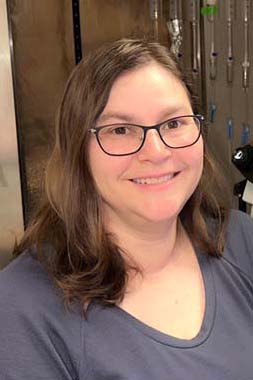Speaker Details

Ivy E. DICK
Diverse mechanisms underlying the pathogenesis of calcium channelopathies
CaV1.2 L-type Ca2+ channels are perhaps the most prevalent of the voltage-gated Ca2+ channels, existing in cardiac, neuronal and smooth muscle cell. Ca2+ entry through these channels is precisely controlled through multiple forms of regulation. A growing number of genetic mutations in CaV1.2 have been linked to a disruption of these regulatory processes, resulting in severe clinical phenotypes including cardiac arrhythmia and long-QT syndrome (LQTS). Interestingly, a subset of these mutations also produce neurological symptoms including autism spectrum disorder (ASD) and developmental delays. Here, we will probe the mechanisms underlying these tissue specific effects, identifying specific properties correlating to neurological phenotypes. Further, by evaluating these mutations using induced pluripotent stem cell derived neurons we can gain understanding into the pathogenesis of these CaV1.2 channelopathies.